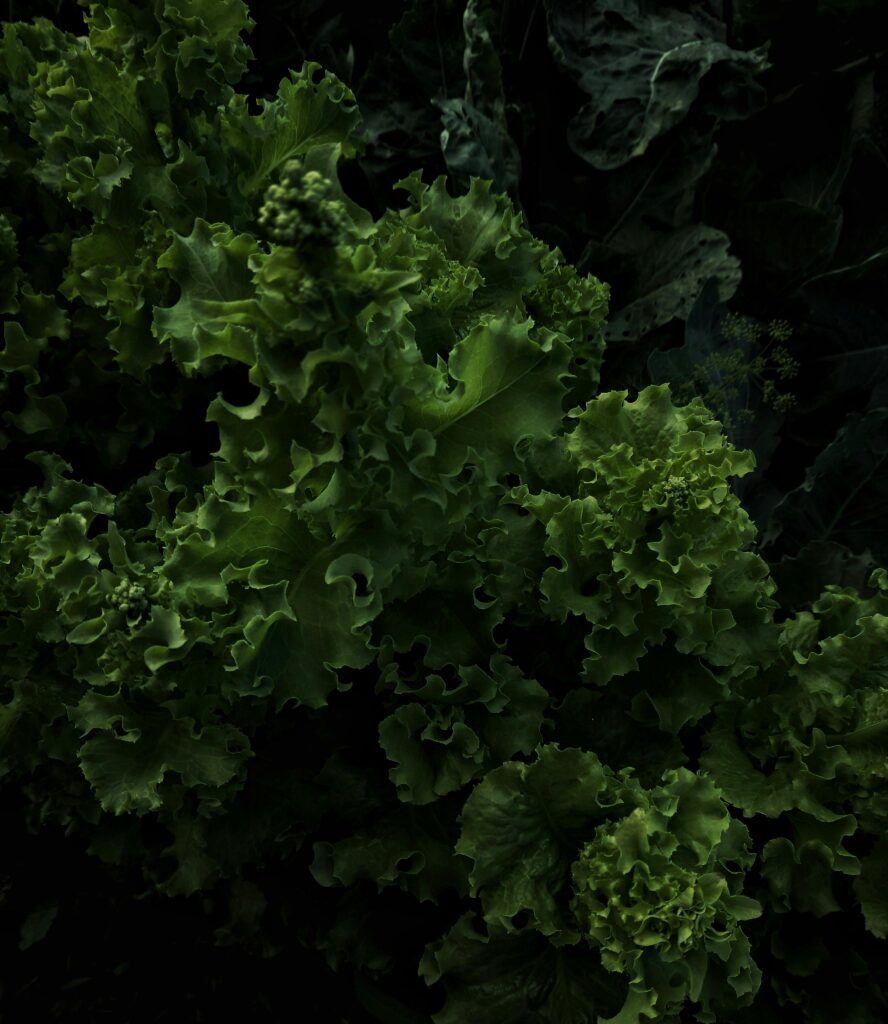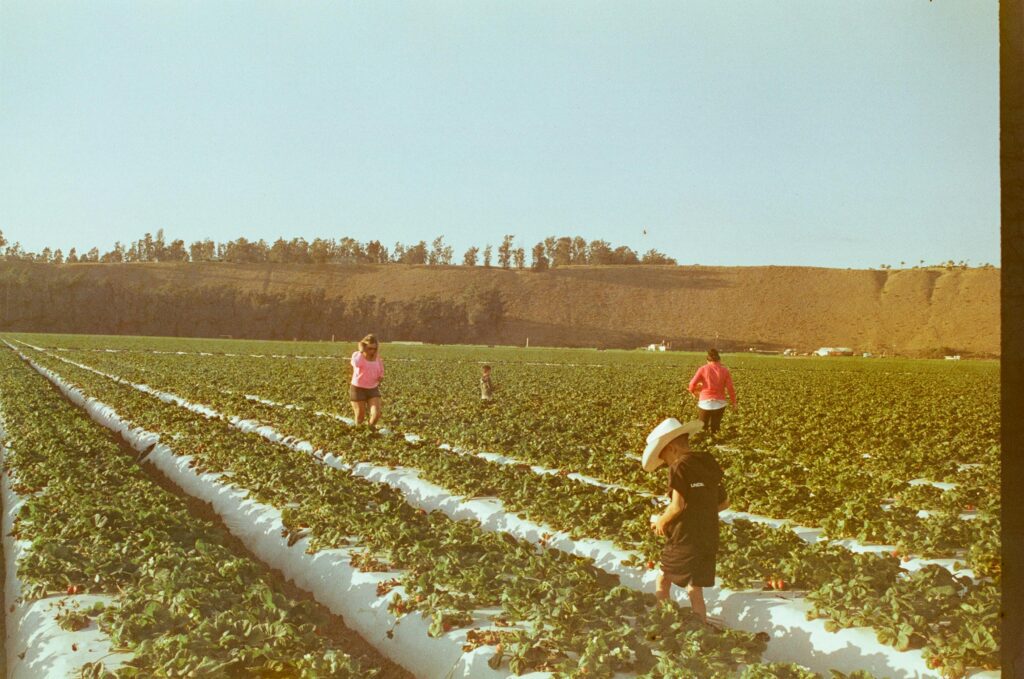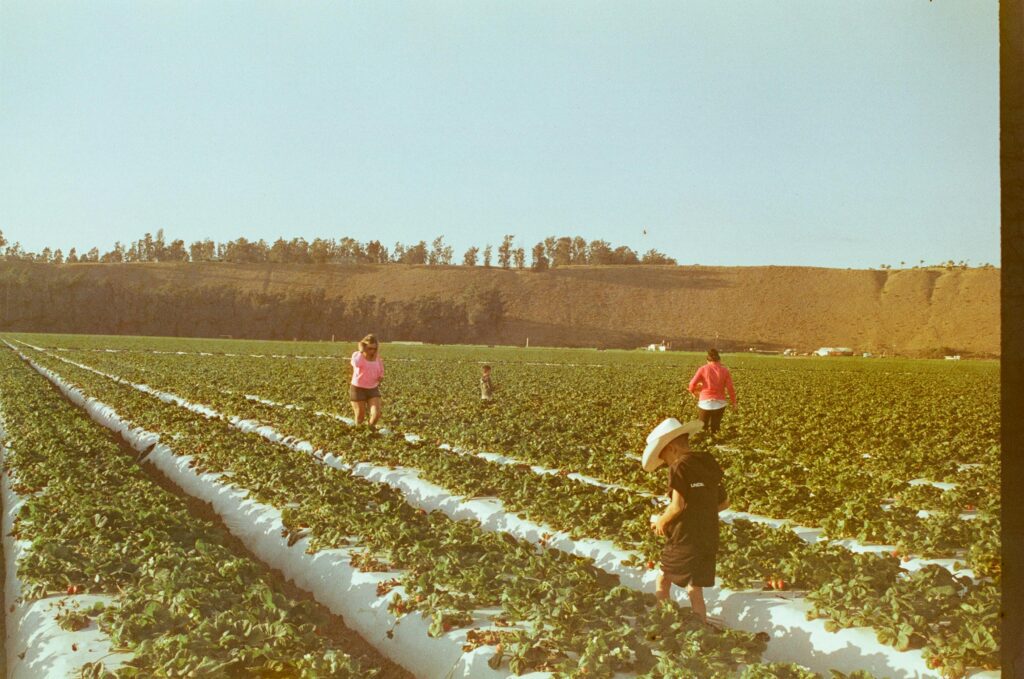Table of Contents
Introduction
advantage of organic farming has transformed from a niche practice into a mainstream movement, driven by increasing consumer awareness about health, environmental sustainability, and ethical farming practices. As individuals become more conscious of the food they consume and its impact on their health and the planet, the advantages of organic farming are becoming increasingly evident.
This approach to agriculture not only promotes healthier food options but also fosters personal fulfillment and professional growth.In this blog, we will explore the myriad benefits of organic farming, highlighting how it can lead to personal well-being and professional success. From health benefits and environmental impact to economic opportunities and personal development, we will uncover why organic farming is not just a trend but a transformative lifestyle choice.advantages of organic farming
Section 1: Defining Organic Farming
What is Organic Farming?
Organic farming is an agricultural system that emphasizes sustainable practices aimed at producing food while maintaining ecological balance and biodiversity. It avoids synthetic fertilizers, pesticides, genetically modified organisms (GMOs), and other artificial inputs. Instead, organic farmers rely on natural processes and materials to cultivate crops and raise livestock.The core philosophy behind organic farming is to work in harmony with nature rather than against it. This approach not only enhances soil health but also supports ecosystems and promotes the welfare of animals.advantages of organic farming

Key Characteristics of Organic Farming
Organic farming is characterized by several key principles:
- Natural Fertilizers: Organic farmers use compost, manure, and other natural materials to enrich the soil instead of synthetic fertilizers. This practice helps maintain soil fertility over time.
- Pest Management: Rather than relying on chemical pesticides, organic farmers employ natural pest control methods such as beneficial insects (like ladybugs) and crop rotation to manage pests effectively.
- Non-GMO: Organic farming prohibits the use of genetically modified organisms (GMOs), ensuring that crops are grown as nature intended without genetic manipulation.
Understanding these principles is essential for anyone considering a shift towards organic farming or simply wanting to learn more about its advantages.
Section 2: Health Benefits
Nutritional Advantages
One of the most compelling reasons people choose organic produce is its nutritional value. Studies have shown that organic fruits and vegetables often contain higher levels of antioxidants, vitamins, and minerals compared to their conventionally grown counterparts. For example, research indicates that organic tomatoes may have higher levels of vitamin C and phenolic compounds—beneficial for overall health.Moreover, organic produce is free from harmful additives and preservatives commonly found in processed foods. By choosing organic, consumers can reduce their exposure to pesticides, herbicides, and other chemicals that may have adverse health effects. This aspect is particularly important for vulnerable populations such as children, who are more susceptible to the negative impacts of chemical exposure.advantages of organic farming
Healthier Livestock
Organic farming extends its health benefits to livestock as well. Animals raised organically are typically given access to outdoor spaces, allowing them to engage in natural behaviors such as grazing and roaming. They are fed organic feed free from antibiotics and growth hormones, resulting in healthier animals and higher-quality meat products.This focus on animal welfare not only benefits consumers by providing them with healthier meat options but also aligns with ethical considerations regarding how animals are treated in agricultural systems. As consumers become more aware of these issues, the demand for ethically raised animal products continues to rise.advantages of organic farming
Section 3: Environmental Benefits
Soil Health
Healthy soil is the foundation of successful agriculture. Organic farming practices enhance soil fertility through techniques such as composting, cover cropping, and crop rotation. These methods improve soil structure by increasing microbial activity and promoting nutrient cycling.For instance, composting adds organic matter back into the soil, enhancing its ability to retain moisture and nutrients.
Cover cropping involves planting specific crops during off-seasons to prevent erosion and improve soil fertility. Crop rotation helps break pest cycles and reduces soil depletion by alternating different types of crops each season.As a result of these practices, organic farms tend to have richer soils that can sustain crops over the long term while reducing reliance on external inputs.advantages of organic farming


Biodiversity Conservation
Organic farming plays a vital role in promoting biodiversity. By avoiding synthetic chemicals and encouraging diverse cropping systems, organic farms create habitats for various plant and animal species. This biodiversity helps maintain ecological balance by supporting pollinator populations (such as bees) that are essential for crop production.Additionally, diverse ecosystems are more resilient to pests and diseases. By fostering a variety of plants within their systems, organic farmers can naturally mitigate pest outbreaks without resorting to chemical interventions.advantages of organic farming
Reduced Chemical Pollution
Conventional farming often relies heavily on chemical inputs that can contaminate water sources and degrade ecosystems. In contrast, organic farming minimizes chemical pollution by using natural alternatives. This not only protects local waterways but also contributes to overall environmental health—benefiting both wildlife and human communities.For example, runoff from conventional farms can carry pesticides into nearby rivers or lakes, harming aquatic life. Organic practices help prevent this pollution by promoting responsible land management techniques that safeguard water quality.advantages of organic farming
Section 4: Economic Advantages
Market Demand for Organic Products
The demand for organic products has surged in recent years as consumers become more health-conscious and environmentally aware. According to industry reports from organizations like the Organic Trade Association (OTA), the global organic food market is expected to continue growing at a rapid pace—projected to reach over $500 billion by 2027.This presents a significant opportunity for farmers who choose to adopt organic practices. As more consumers seek out healthy food options free from harmful chemicals or additives, they are willing to pay premium prices for high-quality organic produce.advantages of organic farming
Higher Profit Margins
While transitioning to organic farming may require an initial investment in education and resources, many farmers find that they can command higher prices for their products compared to conventional crops. Consumers are often willing to pay a premium for organic produce due to its perceived health benefits and environmental sustainability.For instance, organic fruits typically sell for 20-50% more than their conventional counterparts at retail markets. This price differential can significantly enhance a farmer’s profit margins over time—making it economically viable even amidst initial challenges associated with transitioning practices.advantages of organic farming


Community Supported Agriculture (CSA)
Community Supported Agriculture (CSA) is a model that connects consumers directly with local farmers. In this arrangement, customers purchase shares of the harvest upfront at the beginning of the season—providing farmers with essential capital while offering consumers fresh seasonal produce throughout the year.CSAs foster strong community ties by encouraging consumers to support local agriculture directly rather than relying solely on grocery stores or big-box retailers. This model not only benefits farmers financially but also enhances consumer awareness about where their food comes from—creating loyal customers invested in sustainable practices.advantages of organic farming
Sustainable Income Sources
Many governments offer grants or subsidies aimed at supporting sustainable agriculture practices. Organic farmers may qualify for these financial incentives—helping offset costs associated with transitioning from conventional methods or implementing eco-friendly technologies on their farms.These funding opportunities can be invaluable resources for aspiring organic farmers looking to establish themselves within this growing market while minimizing financial risk during initial startup phases.advantages of organic farming
Section 5: Personal Growth Through Organic Farming
Skill Development
Engaging in organic farming fosters personal growth through skill development across various areas:
- Problem-Solving: Farmers frequently encounter challenges related to weather conditions, pest management strategies, or market fluctuations requiring quick thinking.
- Time Management: Running an agricultural operation demands effective scheduling skills—from planting schedules aligned with seasonal weather patterns down through harvest timelines ensuring optimal crop quality.
- Resourcefulness: Farmers must learn how best utilize available resources efficiently—whether sourcing materials locally or creatively solving logistical issues within their operations.
These skills gained through hands-on experience benefit individuals not only within agriculture but also translate into valuable competencies applicable across diverse career paths!advantages of organic farming
Connection to Nature
Working with nature offers profound therapeutic benefits—many people find joy in cultivating plants while watching them grow! Engaging directly with land fosters mindfulness—a practice linked closely with improved mental well-being!The physical activity involved in farming also promotes overall health by encouraging exercise while reducing stress levels through outdoor engagement! Studies show that spending time outdoors has positive effects on mood regulation—making it an appealing lifestyle choice beyond just economic considerations!advantages of organic farming
Community Engagement
Organic farmers often become integral parts of their communities through local markets or educational workshops aimed at promoting sustainable practices among consumers! These connections foster relationships with neighbors while raising awareness about food systems’ importance!Engaging within community networks creates a sense of belonging—a vital aspect contributing positively towards mental health outcomes! Building relationships based around shared values enhances overall life satisfaction!advantages of organic farming


Section 6: Professional Success in Organic Farming
Career Opportunities
The rise of organic agriculture has created numerous career opportunities across various sectors:
- Farm Management: Skilled managers are needed to oversee operations on organic farms—including planning crop rotations effectively while managing labor resources efficiently.
- Agronomy: Experts specializing in soil science can help farmers optimize their practices—ensuring healthy crops thrive throughout seasons!
- Research: Scientists are needed within academic institutions focused on studying sustainable methods enhancing productivity while protecting ecosystems!
As consumer demand continues growing—so too will job prospects within this field! Individuals passionate about sustainability have ample opportunities awaiting them!advantages of organic farming
Entrepreneurship Potential
For those looking to start their own businesses—organic farming offers an exciting avenue for entrepreneurship! Whether launching an organic farm from scratch or starting a value-added business (such as producing jams or sauces)—there are countless possibilities for innovation within this sector!Entrepreneurs can explore niche markets tailored towards specific consumer preferences—such as gluten-free products made using locally sourced ingredients! The flexibility inherent within this industry allows creative thinkers ample room for experimentation!advantages of organic farming
Networking and Collaboration
Building connections within the organic farming community can lead valuable partnerships/collaborations! Joining organizations focused on sustainable agriculture allows access resources such training programs/funding opportunities while fostering relationships like-minded individuals passionate about making differences together!Networking events provide platforms where aspiring farmers meet experienced growers sharing insights gained throughout their journeys! These interactions inspire new ideas while reinforcing commitment towards achieving common goals related sustainability/prosperity!advantages of organic farming
Section 7: Challenges and Considerations
Initial Investment Costs
While there are numerous advantages associated with organic farming—it’s important acknowledge potential challenges as well—particularly regarding initial investment costs related transitioning from conventional methods! Farmers may need new equipment/infrastructure changes requiring financial resources upfront before reaping long-term benefits!Understanding these costs upfront allows aspiring farmers plan accordingly—seeking out grants/subsidies available specifically targeting those transitioning towards sustainable practices!advantages of organic farming


Time Commitment
Establishing an organic farm takes time—both growing crops successfully over several seasons but also regarding education needed before diving fully into this endeavor! Aspiring farmers should be prepared hard work alongside patience navigating challenges along their journey toward success!Investing time upfront ensures individuals gain necessary knowledge/skills required thrive within this competitive landscape! Continuous learning remains vital aspect maintaining relevance amidst evolving consumer preferences/market trends!advantages of organic farming
Market Competition
As interest grows around organics—so does competition among producers looking capitalize consumer trends within this market space! Farmers must remain vigilant differentiating themselves through quality products while staying attuned evolving consumer preferences over time!Developing strong branding strategies highlighting unique selling points ensures customers recognize value offered through specific offerings rather than simply price comparisons against competitors’ products alone!
Conclusion
The advantages of organic farming extend far beyond just producing food; they encompass personal growth opportunities alongside professional success stories waiting around every corner! From improved health benefits stemming nutritious produce choices down through environmental impacts benefiting our planet—organic agriculture presents appealing pathway forward!By embracing sustainable practices rooted deeply within nature’s rhythms—individuals cultivate not only thriving farms but also fulfilling lives enriched meaningful connections forged through community engagement!